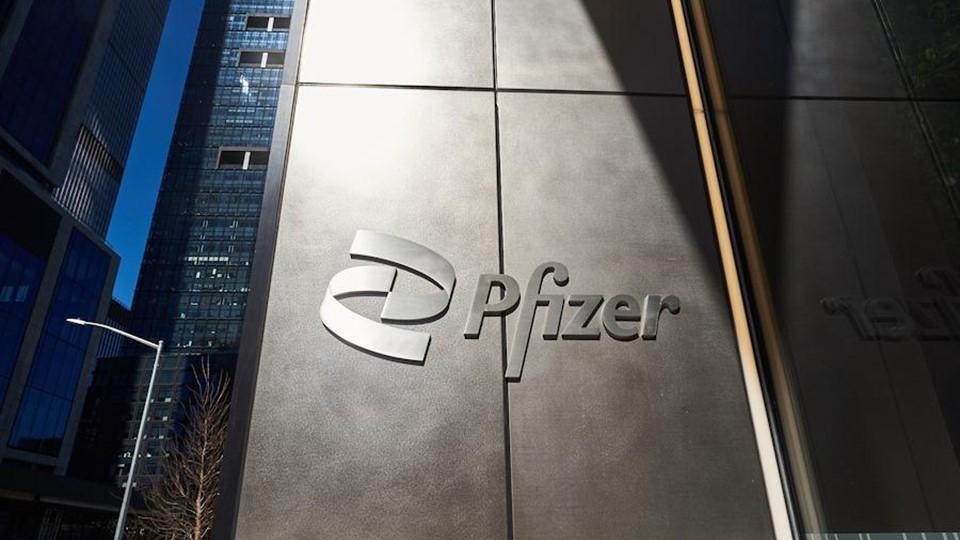Pfizer's new drug data in breast cancer draws muted response

Pfizer has revealed that its much-anticipated selective oestrogen receptor degrader (SERD) vepdegestrant for breast cancer missed the mark for a key endpoint in its first phase 3 trial readout.
Topline results from the VERITAC-2 study showed that Arvinas-partnered vepdegestrant was able to extend progression-free survival (PFS) compared to the older degrader fulvestrant in a subset of HR-positive, HER2-negative metastatic breast cancer patients whose tumours expressed ESR1 mutations, but the drug couldn't achieve the same result for the full cohort.
The finding dents Pfizer hopes that vepdegestrant will form the backbone of oestrogen-directed therapy for this type of breast cancer and generate blockbuster sales by 2030. However, its potential is seen as being tied to the ability of the drug to target the broader population of ESR1 'wild-type' patients
While Pfizer trumpeted the result as a "clinically meaningful improvement" for patients and a key endorsement of the PROteolysis TArgeting Chimera (PROTAC) platform behind vepdegestrant, investors seemed to be unimpressed, and shares in Arvinas had slumped nearly 48% at the time of writing.
Overall survival (OS) data – a key secondary endpoint in the trial – was not mature at the time of the analysis, with less than a quarter of the required number of events having occurred, said Pfizer.
"The first phase 3 data readout for a PROTAC degrader represents a significant achievement and these data show that vepdegestrant has the potential to provide clinically meaningful outcomes for thousands of patients with metastatic breast cancer whose tumours harbour estrogen receptor 1 mutations," insisted Arvinas' chief executive John Houston.
Menarini/Stemline's Orserdu (elacestrant) was the first drug in the oral SERD class to be cleared by the FDA, getting the green light in 2023 as a second-line therapy for HR-positive, HER2-negative advanced breast cancer with ESR1 mutations.
Meanwhile, AstraZeneca is vying to bring the first drug in the class to market as a first-line therapy after its camizestrant hit the mark in the phase 3 SERENA-6 trial in previously untreated patients with HR-positive, HER2-negative advanced breast cancer in combination with CDK 4/6 drugs, although that trial is also targeting tumours that express ESR1 gene mutations.
Among other drugs in the class, Sanofi's amcenestrant – which was in the lead among the oral SERD class at one point – was discontinued in 2022 after disappointing results in a first-line study (AMEERA-5), while Roche's giredestrant and Eli Lilly's imlunestrant also had mixed results in clinical trials but remain in development.
Pfizer paid a whopping $1 billion upfront for rights to vepdegestrant (formerly ARV-4710 in 2021 – consisting of $650 million in cash and a $350 million equity investment – with another $1.4 billion in backloaded milestone payments.












